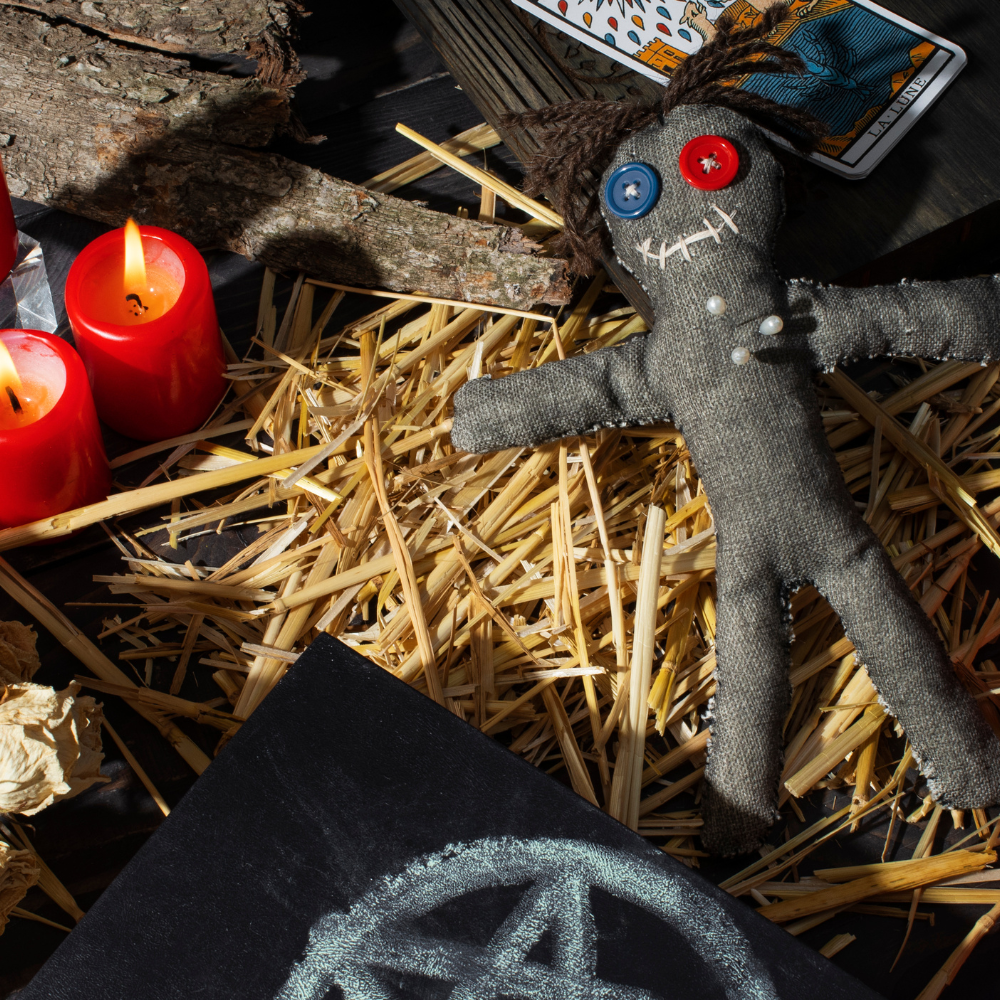Haiti gang kills 110 accused of practicing witchcraft
The United Nations has confirmed a devastating massacre in the Cité Soleil neighborhood of Port-au-Prince, Haiti, with at least 184 people killed in violence orchestrated by a powerful gang leader. The killings, which occurred over the weekend, have been described as one of the deadliest incidents in the country this year.
The atrocities unfolded in Wharf Jérémie, an area under the control of gang leader Monel Felix, known as Mikano. Gang members reportedly targeted elderly residents, accusing them of practicing voodoo and blaming them for causing the illness of Mikano’s son, who died shortly before the massacre. Victims, many over 60 years old, were dragged from their homes, rounded up, and either shot or brutally stabbed with knives and machetes. Witnesses reported seeing mutilated bodies burned in the streets, further intensifying the horror.
Sources reported that Mikano’s gang had prevented residents from leaving Wharf Jérémie, delaying news of the massacre from spreading. Rights groups estimate that 60 people were killed on Friday and another 50 on Saturday, though some accounts suggest younger residents trying to protect the elderly were also among the dead.
Mikano’s gang is part of the Viv Ansanm alliance, which controls significant portions of Haiti’s capital. Wharf Jérémie, despite its small size, is strategically important and difficult for security forces to access, according to experts like Romain Le Cour Grandmaison of the Global Initiative Against Transnational Crime (GI-TOC).
Haiti has been consumed by rampant gang violence since the 2021 assassination of President Jovenel Moïse. While there was a brief decline in murders between May and September this year due to a tenuous truce among rival gangs, recent months have seen a resurgence of violence. Gangs have expanded their territorial ambitions, targeting civilians in increasingly brutal attacks.
This massacre follows another deadly incident on October 3 in Pont-Sondé, where the Gran Grif gang killed 115 residents in retaliation for local resistance to extortion. These escalating attacks highlight the growing vulnerability of ordinary Haitians in the face of gang dominance.
With gangs controlling an estimated 85% of Port-au-Prince and significant portions of rural areas, over 700,000 people, including 350,000 children, have been displaced across Haiti, according to the International Organization for Migration. Gang violence has also been marked by widespread sexual abuse, including gang rape, used as a tool of terror. A recent Human Rights Watch report emphasized the impunity enjoyed by these criminal groups, with the rule of law in Haiti virtually nonexistent.
Efforts to address Haiti’s escalating violence have largely failed. The Kenyan-led Multinational Security Support Mission, deployed in June to assist Haiti’s National Police, lacks sufficient funding and equipment to combat the heavily armed gangs dominating much of the country. Meanwhile, the Transitional Presidential Council (TPC), responsible for organizing elections, has made little headway due to internal turmoil and leadership changes, further delaying progress toward restoring democratic governance. Haiti remains engulfed in chaos, with gang violence causing widespread suffering. The crisis highlights the pressing need for coordinated international support and domestic political stability to alleviate the nation’s ongoing humanitarian catastrophe.









